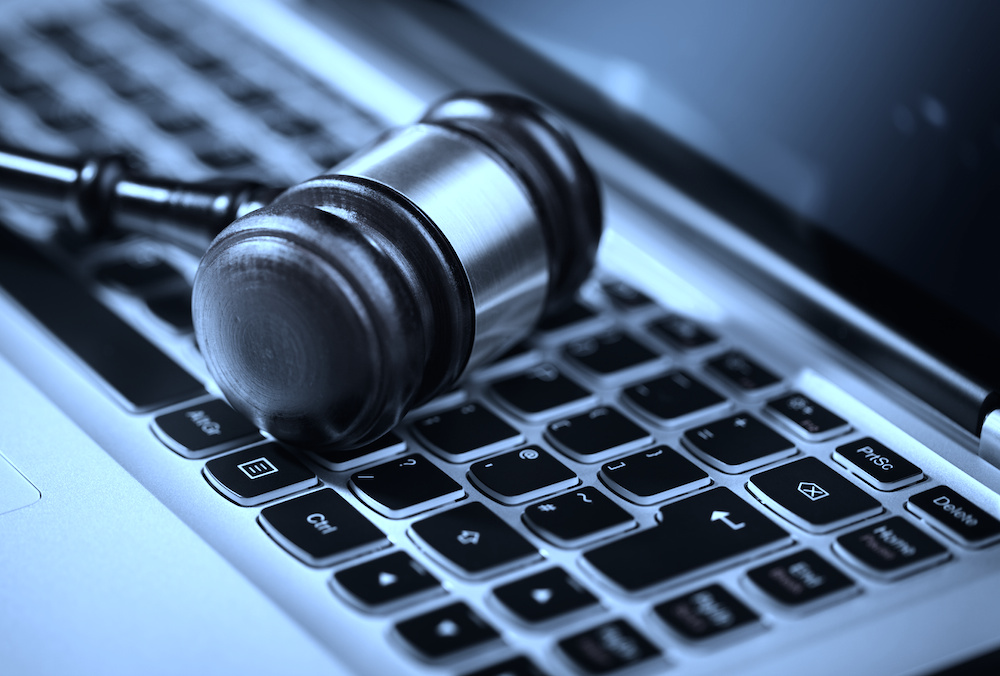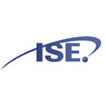Legal Considerations

The goal of the prosecutor’s section of the LECC website is to gather in one place links to legal research resources that may be particularly useful for state and local cyber crime prosecutions, as well as to introduce new sources of information directly applicable to cyber investigation and prosecution. To achieve this goal, we created content in the following six areas:
First, we provide links to, and descriptions for, online resources concerning state and federal regulations and statutes, for example, the Legal Information Institute, the Library of Congress, and FindLaw. While many of these resources may be familiar to state and local prosecutors, we focus on aspects that may be particularly useful in the context of cyber crime prosecutions. For example, we direct the reader to FindLaw’s descriptions of different types of cyber crime.
Second, we discuss emerging case law and important statutes. For example, we provide a brief overview of United States v. Jones and Riley v. California – two recent U.S. Supreme Court cases that define and refine law enforcement’s ability to conduct technological searches and seizures. We also describe the Electronic Communication Privacy Act (ECPA), a long-standing statute that establishes the standards and processes for law enforcement to obtain information on electronic communications.
Third, we identify a number of resources for cyber crime litigation. We describe key guides published by the National Institute of Justice that are designed to assist state and local law enforcement and prosecutors in conducting cyber investigations and prosecutions. These guides cover a variety of topics, including properly preparing digital evidence for the court room, investigating crime scenes that may involve electronic information, and performing forensic examinations on digital media. We also include resources to help prosecutors find expert witnesses for cyber crime cases.
Fourth, we cite online resources to help identify emerging legal and policy issues, such as the LexisNexis Legal Newsroom, ABA Science and Technology Law Group, and the SCOTUSblog (a popular and influential blog describing the activities of the Supreme Court of the United States). Since digital search warrants are an area of particular interest for prosecutors, we address the three important issues concerning search warrants for digital evidence: particularity, the permissible time period for examining seized electronic devices or storage media, and the retention of seized data.
Fifth, we discuss three important issues concerning search warrants for digital evidence: particularity of search, time period for examination, and retention of seized data.
Sixth, we conclude with a number of links to training resources specifically designed for state and local prosecutors who are handling digital evidence and cyber prosecutions.






